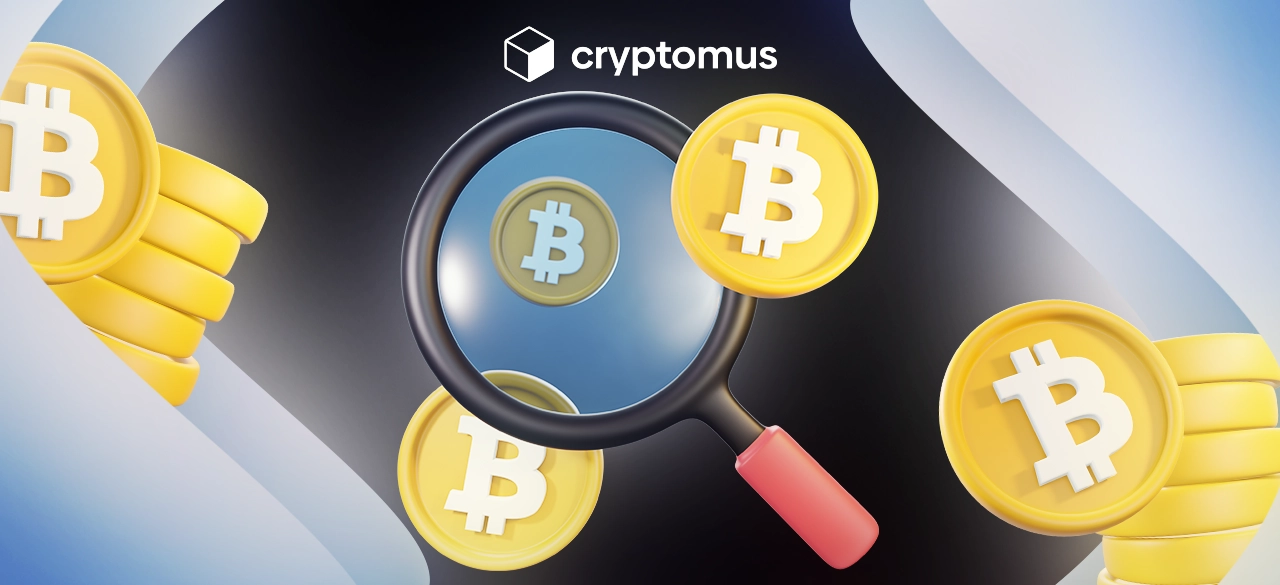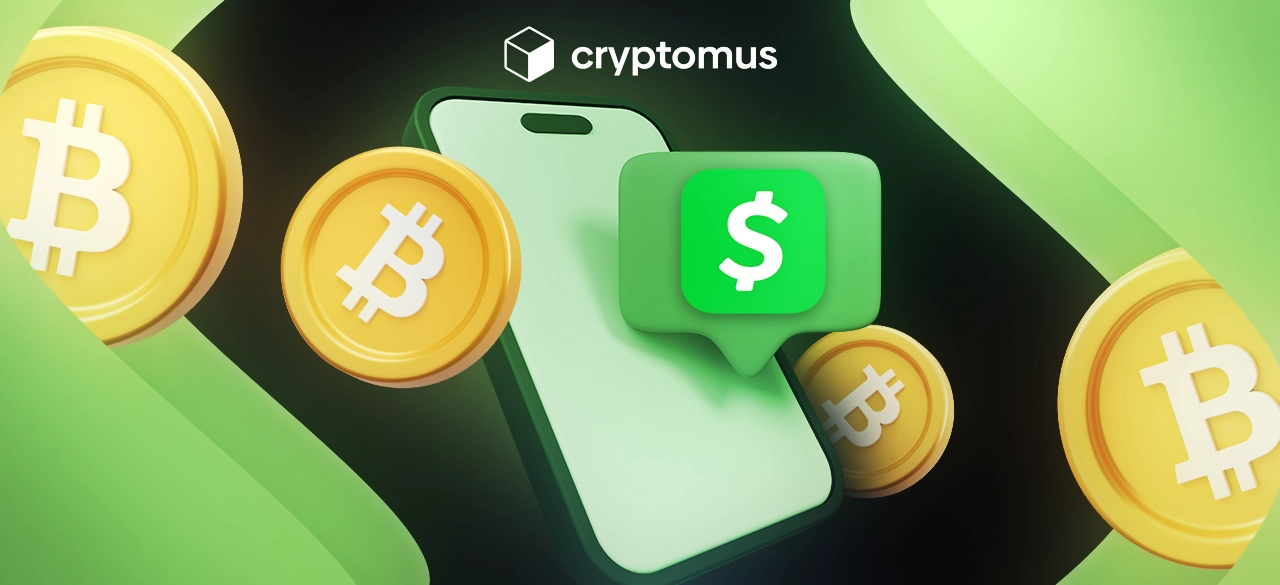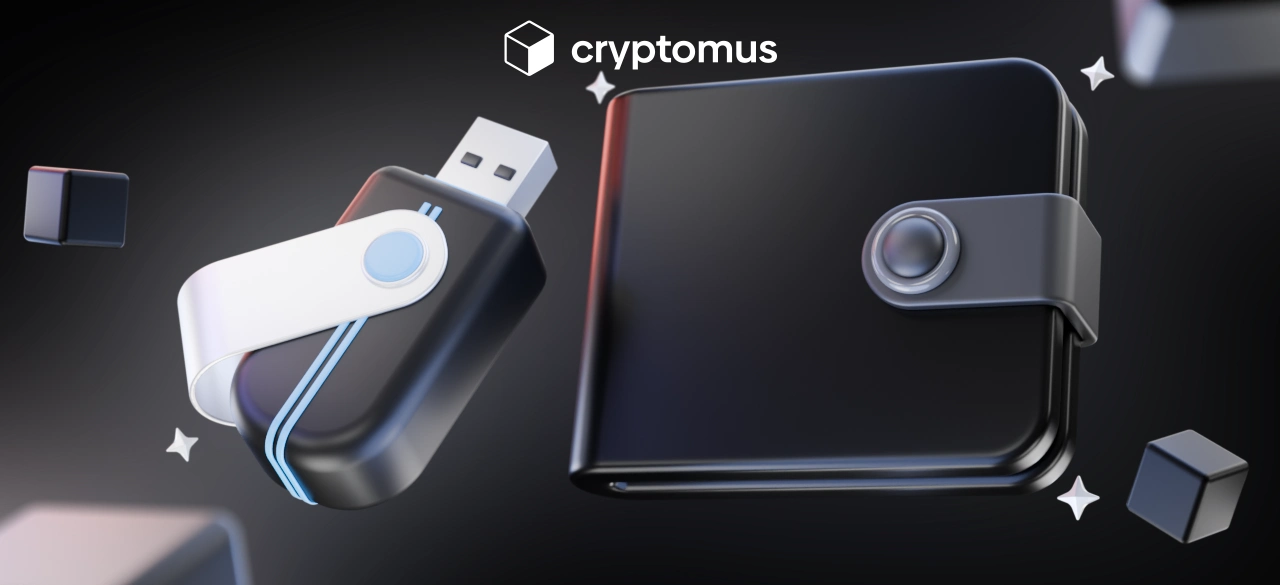
Cryptocurrency Use Cases Explained
Table of Contents
Cryptocurrency - a digital money type - operates on decentralized networks based on blockchain. At the same time blockchain offers multiple benefits to crypto, such as fast and secure transactions and lower fees compared to traditional banking systems.
This digital currency can be used in various fields, such as Charity, Remittances, Stores of Value, Asset Tokenization, and more. And today is the day when we will discuss crypto use cases, how they work, and how to use them.
Top Cryptocurrency Use Cases
There are several crypto use cases, and selecting the best cryptocurrency use case can be challenging due to the fact it is relative, and this will depend on people's needs. A list of top crypto use cases consists of:
-
Charity
-
Remittances
-
Store of Value
-
Asset Tokenization
-
Crypto Staking
-
Crypto Gaming
-
Smart Contracts
-
Crypto Banking
-
Borrowing and Lending
These are the best crypto use cases or the most popular ones, and each one of them has its own characteristics and community. Here is in detail how each single one of these crypto cases works:
Charity
The first element in this list of the best cryptocurrency use cases is charity. In fact, the use of cryptocurrencies for donation is popular and well appreciated for the simple reason that this method brings many and various advantages, such as sending funds directly to the charity faster and with fewer fees compared to the traditional banking system, and transparency that greatly reduces the risk of malversations.
Remittances
Crypto remittance allows people to send money across borders quickly, securely, and with lower fees compared to traditional banking systems or money transfer services. "Cryptomus", for example, offers the feature of transferring various cryptocurrencies worldwide with a 0% fee. You will only pay the "Network commission".
Store of Value
This use case of crypto refers to the fact of using crypto as a digital alternative to gold and other traditional stores of value. Despite its price volatility, some investors consider it a shield against inflation and economic instability.
Asset Tokenization
This involves converting rights to an asset into a digital token on a blockchain. Is that even possible? Sure! Real-world assets like real estate, art, or commodities can be tokenized to facilitate more accessible and more fractional ownership, trading, and transfer.
Crypto Staking
Staking is a process that allows cryptocurrency holders to earn rewards for holding and supporting the operation of a blockchain network. This mechanism is primarily used in Proof of Stake and related consensus models. To stake crypto, users generally use staking platforms such as Cryptomus, which offers the possibility to stake various cryptocurrencies.
Crypto Gaming
This element of the list of use cases for crypto is also known as blockchain gaming. This refers to the purchase and sale of items within a game. An instance of in-game currency is V-Bucks in Fortnite, utilized for acquiring season passes, skins, and other items. Crypto gaming has a wider concept, that's why we can't say v-Bucks and other tokens are examples of CG.
Smart Contracts
These contracts are automated agreements where contract terms are encoded into lines of code, executing on blockchain platforms to enforce terms once specific conditions are fulfilled. This technology has numerous applications, from automating payments to executing complex legal agreements without intermediaries.
Crypto Banking
Crypto banking integrates fiat and cryptocurrencies, offering financial services through blockchain technology. Banks using blockchain technologies provide traditional services like accounts, loans, and asset management tailored to the crypto economy, facilitating crypto-fiat conversions and supporting blockchain businesses.
Borrowing and Lending
The borrowing and lending component of this cryptocurrency compilation involves decentralized finance (DeFi) platforms, enabling direct lending and borrowing without conventional financial intermediaries. These platforms utilize smart contracts to manage loans and interest, potentially offering higher returns to lenders and more favorable lending terms to borrowers.

What is the Crypto Used for Each Use Case
Let’s take a look at the cryptocurrencies used for each of the use cases in crypto that we have seen earlier:
-
Charity: For charity and donation purposes, people in general use reliable and popular cryptocurrencies such as Bitcoin and Ethereum, and these choices due to their widespread recognition and ease of use.
-
Remittances: For remittances and worldwide transfers, the most used cryptos are Bitcoin (BTC) and Ripple (XRP), but they are not the only ones.
-
Store of Value: Crypto investors use BTC, also known as digital gold, to store values due to its limited supply and increasing adoption.
-
Asset Tokenization: Speaking of asset tokenization, Ethereum is the leader and the most used platform in this field, thanks to its smart contracts.
-
Crypto Staking: All the cryptocurrencies that use proof of stake are used for staking, but the most popular are TRX, BNB, USDT and DAI.
-
Crypto Gaming: Each game has its own cryptocurrency that works on various blockchains, such as Ethereum or Polygon.
-
Smart Contracts: Ethereum is the primary cryptocurrency used for smart contracts, followed by blockchains like Solana or Cardano.
-
Crypto Banking: Stablecoins like USDC or USDT are extensively used in crypto banking to maintain transaction stability. And Bitcoin and Ethereum serve as foundational assets for many crypto-banking operations.
-
Borrowing and Lending: In the DeFi space, Ethereum is the most utilized cryptocurrency for borrowing and lending, supported by its vast ecosystem of DeFi applications.
Real-World Blockchain Use Cases
Amid swift technological progress, blockchain technology stands out as a groundbreaking concept with intriguing solutions across diverse industries. While commonly associated with cryptocurrencies, blockchain has transcended this perception in recent years, showcasing its potential through crypto real world use cases that extend far beyond digital currencies. Here are some of their notable examples:
-
Healthcare
-
Media
-
Agricultural
-
Education
-
Travel
-
Healthcare: Blockchain technology is set to revolutionize healthcare, streamlining supply chains and patient record-keeping. And this is true, because the integration of decentralized analytics into blockchain-based healthcare records strengthens data quality, security, transparency, and privacy.
-
Media: Digital media distribution offers convenience to users, yet piracy concerns persist among artists and publishers. Blockchain-enabled distribution can individualize each digital copy, facilitating micropayments from viewers to creators or publishers seamlessly.
-
Agriculture: "Blockchain agriculture" integrates blockchain into agricultural supply chains to enhance transparency, crucial amid increasing consumer demand for food source information related to safety, sustainability, and ethical practices. This technology enables swift traceability during food recalls, offering unparalleled insights into food production processes and sources.
-
Education: Blockchain securely manages educational records, verifying credentials for employers and institutions. And overall, integrating education systems with blockchain enhances student privacy by enabling selective sharing of academic records.
-
Travel: Travel businesses utilize loyalty programs for elite customers, which blockchain can enhance by offering reward coins for vendor store purchases. Privately issued tokens in loyalty programs showcase blockchain's potential for seamless rewards across businesses.
This concludes our article about the best use cases for cryptocurrency. Thank you for reading it. We hope you enjoyed it. Please leave a comment below and tell us what your favorite use case of cryptocurrency is.
Simplify Your Crypto Journey
Want to store, send, accept, stake, or trade cryptocurrencies? With Cryptomus it's all possible — sign up and manage your cryptocurrency funds with our handy tools.
Get Started









